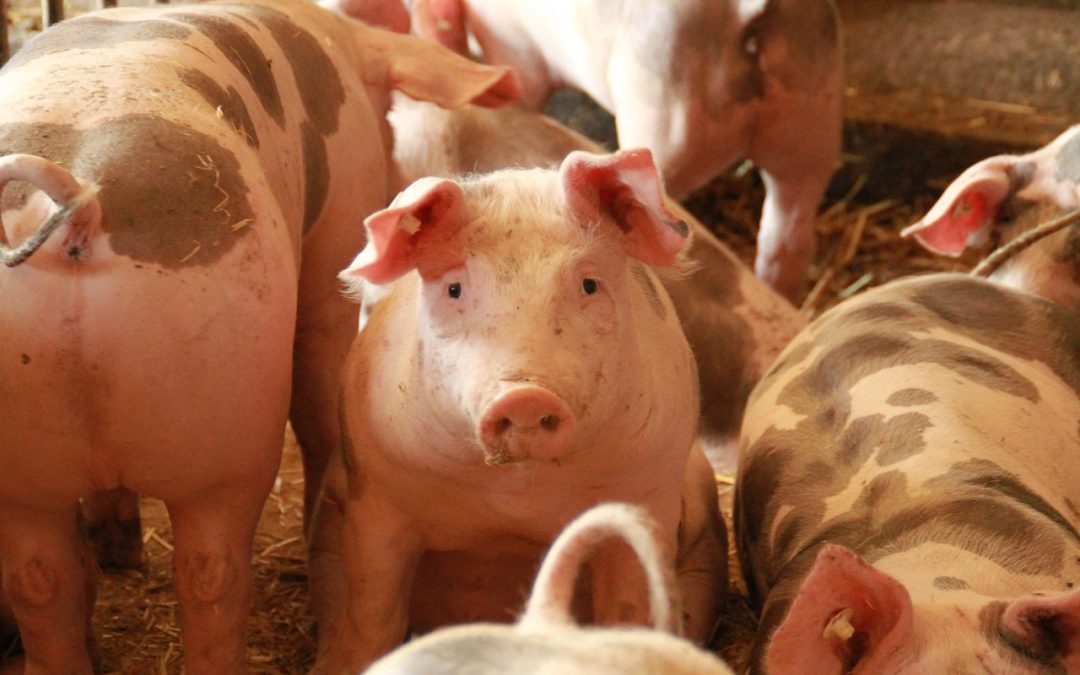We depend on antibiotics being there when we need them. Antibiotics help us fight off infections that range from simple to life-threatening. Yet harmful bacteria are also endlessly trying to fight off the drugs through gene mutations that render available antibiotics less effective or even useless. Overuse of antibiotics exacerbates this problem and increases the spread of “superbugs” that cannot be treated with multiple antibiotics.
You may have heard about superbugs from disturbing news stories about people battling tough infections, like Seattle-area chef Chris Linaman who thankfully survived his superbug encounter. Sadly, up to 162,000 people die each year and at least 2 million people suffer infections from antibiotic resistant superbugs in the U.S. alone, according to a 2019 report by the CDC. These numbers are much higher than estimated by an earlier CDC analysis in 2013.
While the COVID-19 pandemic has eclipsed this concern for the time-being, increasing antibiotic resistance and loss of critically important antibiotics is a global public health crisis that threatens to kill 10 million people worldwide each year by 2050. Developing new antibiotics to fight superbugs has proved to be technically difficult and slow work. Therefore it is critical to protect the antibiotics we have for medical uses.
That’s why it is shocking that most medically important antibiotics sold in the United States are given to livestock, not to sick people. About two-thirds of all antibiotics that can treat human diseases are sold for beef, pork, and chicken production. Even worse news is these animals are often not even sick when they are dosed with antibiotics in their feed or water. Federal oversight by the FDA has fallen short of changing these practices or even keeping a close eye on how much of these drugs are used by each livestock producer.
Resistant bacteria spread into our environment through animal wastes and can spread to people through contaminated meat products and other routes. People working on livestock farms or in places handling raw meat, including meat packing facilities and grocery stores, are at higher risk of encountering resistant bacteria. Research has found meat industry workers are more like to carry these dangerous bacteria on and in their bodies, increasing their own risk of illness and of infecting their loved ones at home. Raw meat and poultry products that we buy as consumers can also carry antibiotic resistant bacteria. Kids are most at risk, as are any immune-compromised individuals.
The good news is that livestock practices can be reformed with action and oversight. Through targeted pressure, antibiotic use by the U.S. chicken industry has been dramatically reduced in recent years. Livestock producers in most European countries and in Canada use vastly lower amounts of antibiotics than are used in the U.S. Transparency and consumer awareness have been critical in driving these successful transformations.
Community Environmental Health Strategies began digging into this threat last year when asked to be the local liaison for the Natural Resource Defense Council’s experts on Health & Food. Informed by San Francisco’s ground-breaking Antibiotic Transparency Ordinance, we are working with local leaders and stakeholders to increase transparency around livestock production practices. Improved reporting and tracking of antibiotic use in the food industry is critical for informing consumers and workers, and protecting the health of our community.
Seattle councilwoman Teresa Mosqueda has taken the lead on this critical public health issue, with a focus on providing food industry workers with more information and improved protections. The King County Board of Health, chaired during 2019 by King County Councilmember Jeanne Kohl-Welles, showed great interest in this issue during a briefing on the problem and policy solutions.
While staying in due to wildfire smoke and COVID-19 precautions, I’m catching up on updating my blog on my consulting activities. More work on antibiotic resistance and food production is anticipated in 2021. The NRDC’s website provides a wealth of information on the campaign to Save Antibiotics.

Recent Comments